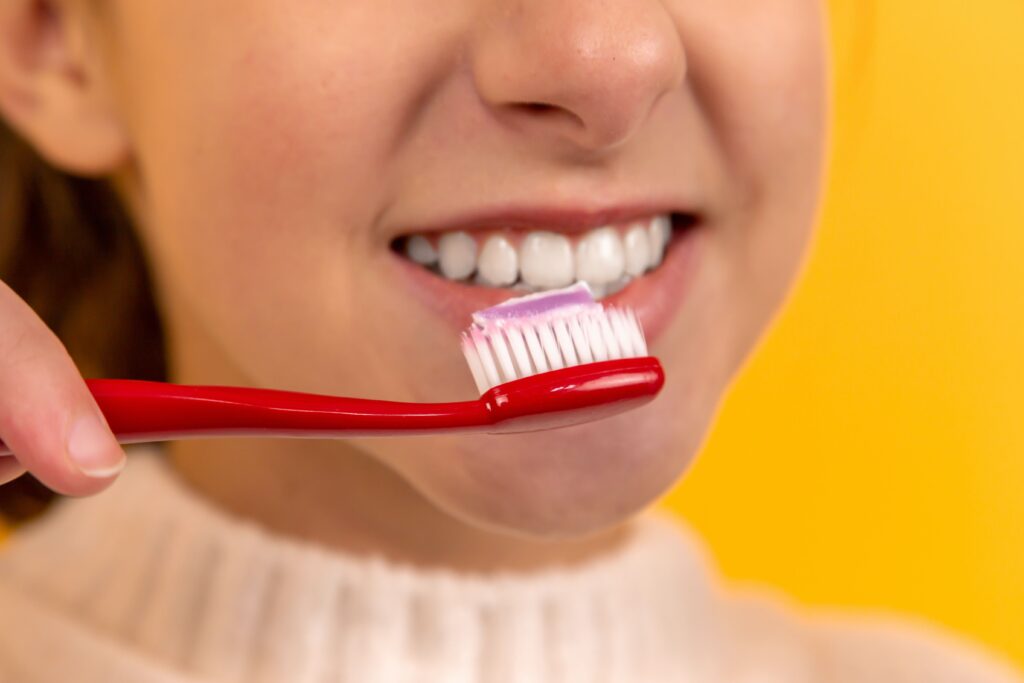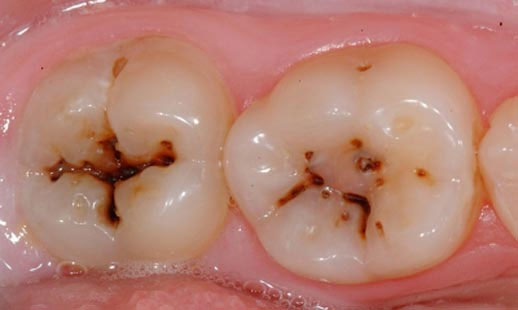
Common Dental Problems and How to Treat Them – Dr Swetha
Maintaining good oral health is vital to your overall well-being. However, even with proper care, dental problems can arise, causing discomfort and potential health risks. Here are some of the most common dental issues people face, along with effective treatment options to address them.
1. Cavities (Tooth Decay)
What is it?
Cavities, also known as dental caries, occur when plaque on your teeth combines with sugars from food to produce acids that erode tooth enamel, leading to decay.
Symptoms:
- Toothache or pain when eating sweet, hot, or cold foods.
- Visible holes or pits in the teeth.
- Brown, black, or white staining on the surface of the tooth.
Treatment:
- Fillings: The decayed area is removed, and the cavity is filled with materials like composite resin or amalgam.
- Crowns: For severe decay, a crown may be placed over the tooth to restore its shape, size, and function.
- Root Canal: If decay reaches the inner pulp of the tooth, a root canal may be necessary to remove the infection and save the tooth.
Prevention Tips:
- Brush twice a day with fluoride toothpaste.
- Floss daily to remove plaque between teeth.
- Limit sugary snacks and drinks.
- Visit your dentist regularly for check-ups and cleanings.
2. Gum Disease (Periodontitis and Gingivitis)
What is it?
Gum disease is an infection of the gums caused by a buildup of plaque. Gingivitis is the early stage, and if untreated, it can progress to periodontitis, a more severe form of gum disease that can lead to tooth loss.
Symptoms:
- Red, swollen, or bleeding gums.
- Persistent bad breath.
- Receding gums or loose teeth.
- Pain when chewing.
Treatment:
- Scaling and Root Planing: A deep cleaning procedure to remove plaque and tartar from below the gumline and smooth the root surfaces to prevent further buildup.
- Antibiotics: In more severe cases, topical or oral antibiotics may be prescribed to reduce infection.
- Surgery: Advanced cases may require flap surgery to clean the roots of the teeth or a bone graft to regenerate lost bone.
Prevention Tips:
- Maintain excellent oral hygiene by brushing and flossing daily.
- Avoid tobacco use, as it increases the risk of gum disease.
- Regular dental visits to catch early signs of gum disease.
3. Tooth Sensitivity
What is it?
Tooth sensitivity occurs when the enamel wears down or gums recede, exposing the dentin layer of the tooth. This can lead to pain or discomfort when consuming hot, cold, sweet, or acidic foods and drinks.
Symptoms:
- Sharp pain when exposed to hot or cold temperatures.
- Sensitivity to sweet or sour foods.
- Pain during brushing or flossing.
Treatment:
- Desensitizing Toothpaste: These specialized toothpastes can block pain signals and reduce sensitivity over time.
- Fluoride Treatments: Your dentist may apply fluoride to strengthen enamel and reduce discomfort.
- Bonding or Sealants: In cases of significant enamel loss or receding gums, bonding agents or protective sealants can cover exposed areas.
Prevention Tips:
- Use a soft-bristled toothbrush and avoid brushing too hard.
- Avoid acidic foods and beverages that erode enamel.
- Wear a mouthguard if you grind your teeth at night.
4. Bad Breath (Halitosis)
What is it?
Bad breath, or halitosis, is often caused by poor oral hygiene, gum disease, or dry mouth. It can also result from certain foods, smoking, or underlying health conditions.
Symptoms:
- Persistent unpleasant odor from the mouth.
- Dry mouth or thick saliva.
- Bad taste in the mouth.
Treatment:
- Improve Oral Hygiene: Brush your teeth twice a day, floss regularly, and clean your tongue to remove bacteria.
- Stay Hydrated: Drink plenty of water to prevent dry mouth, which can contribute to bad breath.
- Visit the Dentist: If bad breath persists, it could be a sign of gum disease or another dental issue requiring professional treatment.
Prevention Tips:
- Chew sugar-free gum to stimulate saliva production.
- Avoid strong-smelling foods like garlic and onions.
- Use an antibacterial mouthwash to kill bacteria.
5. Cracked or Chipped Teeth
What is it?
Cracked or chipped teeth can occur from trauma, biting down on hard objects, or grinding your teeth. If left untreated, cracks can worsen and lead to infection or tooth loss.
Symptoms:
- Sharp pain when biting or chewing.
- Sensitivity to hot or cold temperatures.
- Visible cracks or chips in the tooth.
Treatment:
- Dental Bonding: For minor chips or cracks, a composite resin material can be applied to restore the tooth’s appearance and function.
- Crowns: For larger cracks, a crown can be placed over the tooth to protect it from further damage.
- Root Canal: If the crack extends into the pulp of the tooth, a root canal may be necessary to remove the infection and save the tooth.
Prevention Tips:
- Avoid chewing on hard objects like ice or pens.
- Wear a mouthguard during sports activities to protect your teeth.
- Treat teeth grinding (bruxism) with a nightguard.
Conclusion
While dental problems are common, many can be prevented or treated effectively with proper care. Regular dental checkups, good oral hygiene habits, and timely treatments can keep your smile healthy and pain-free. If you’re experiencing any of these issues, don’t hesitate to contact a dental professional to ensure your oral health remains in top condition.



